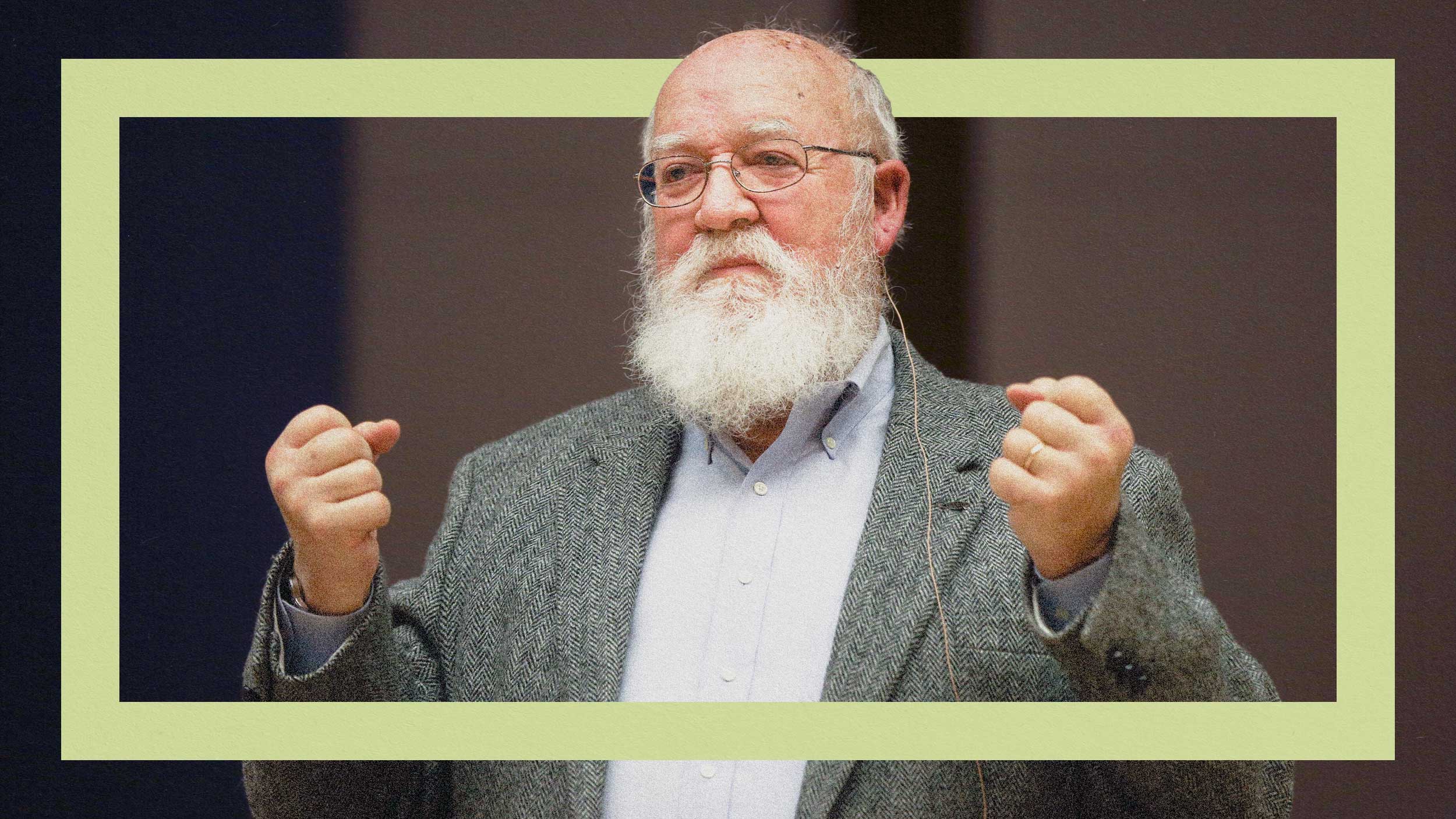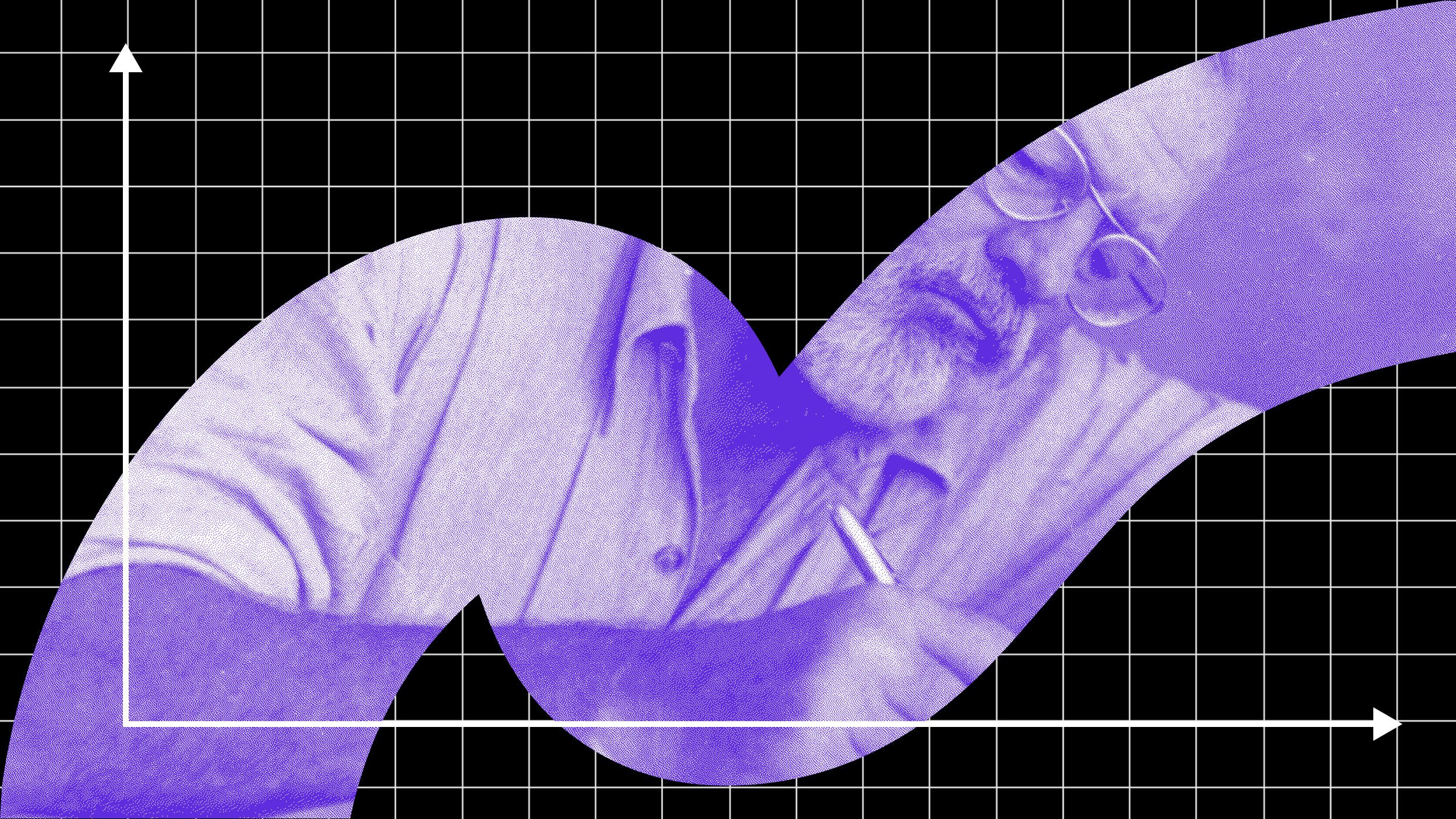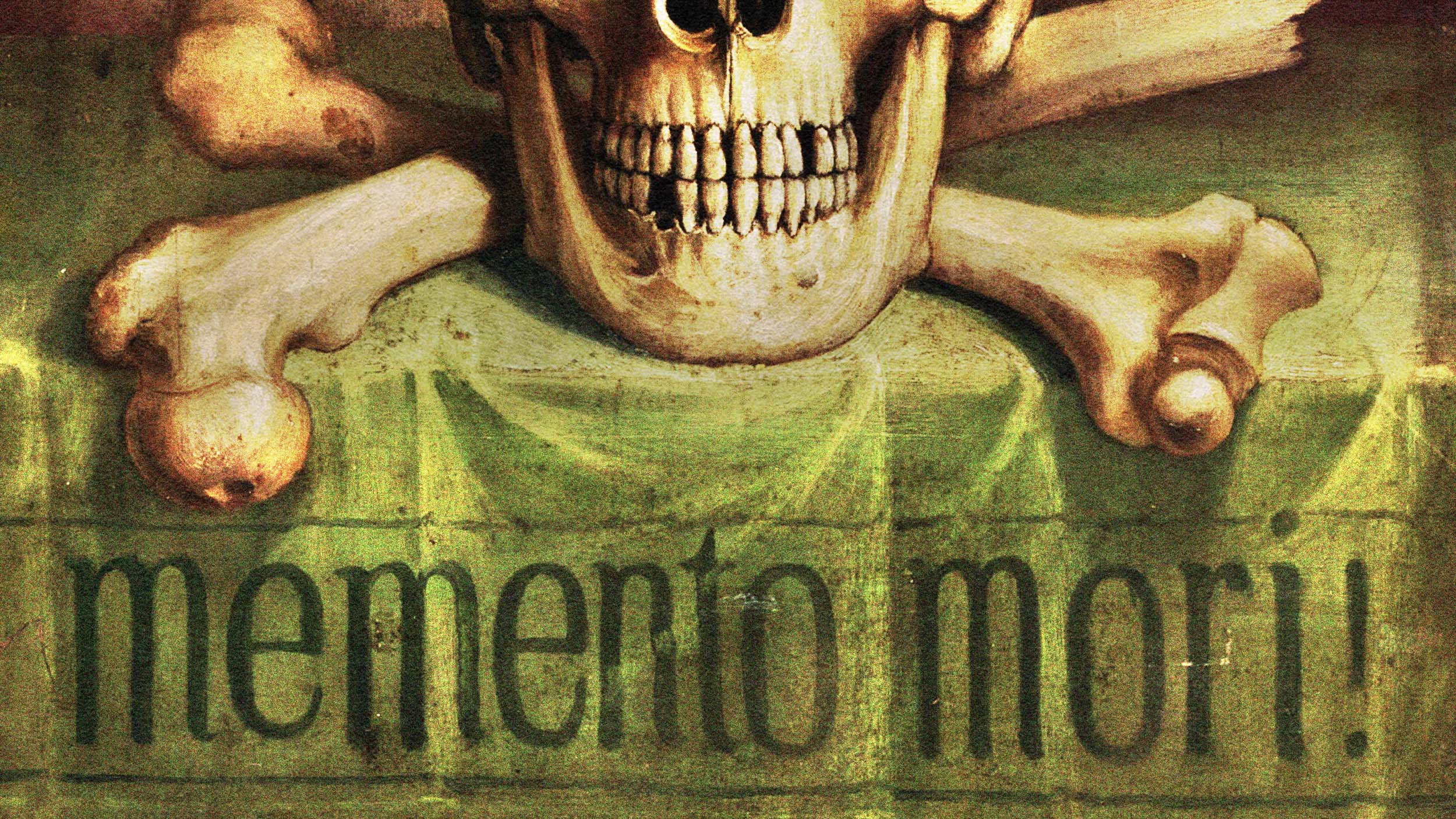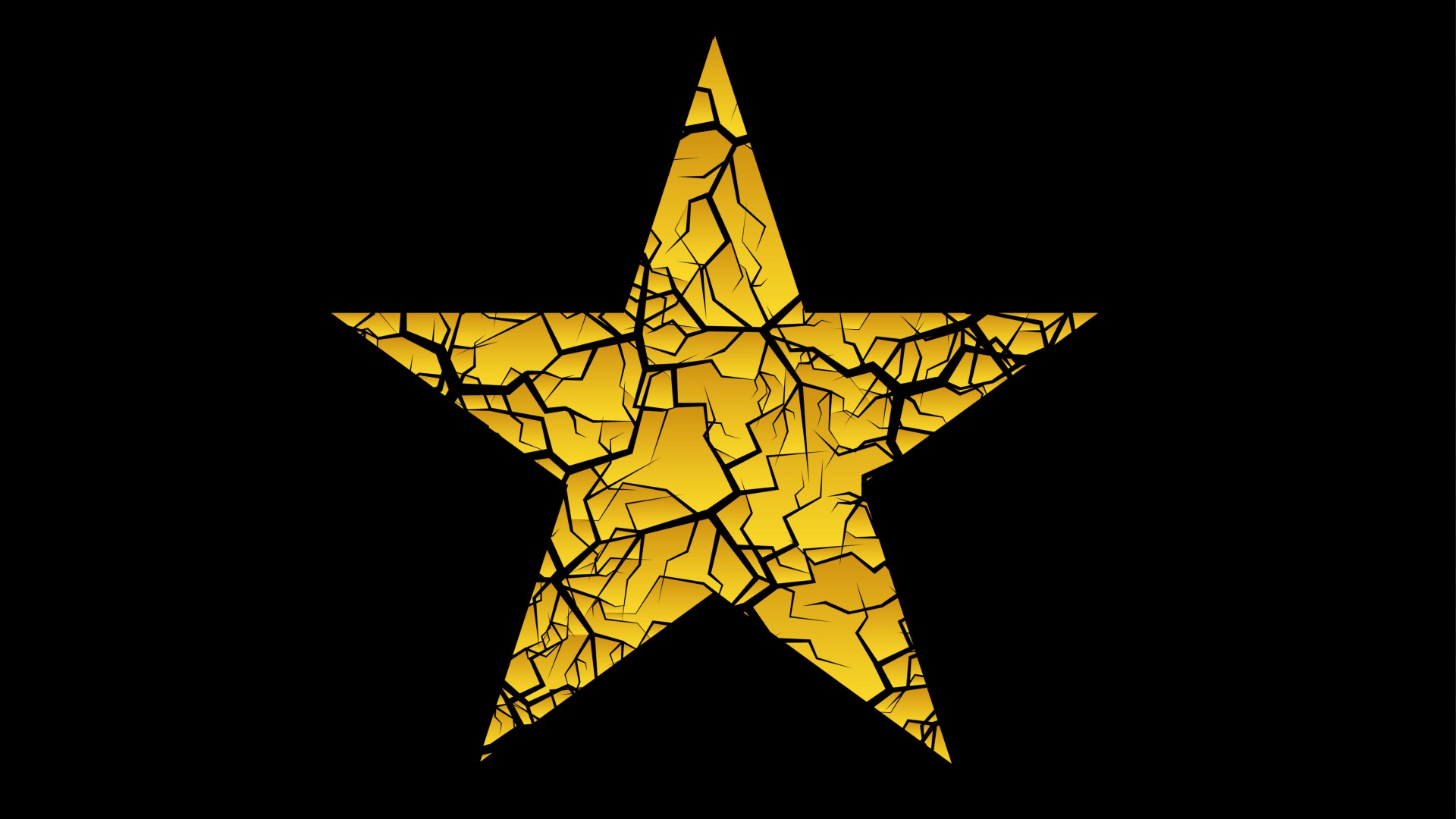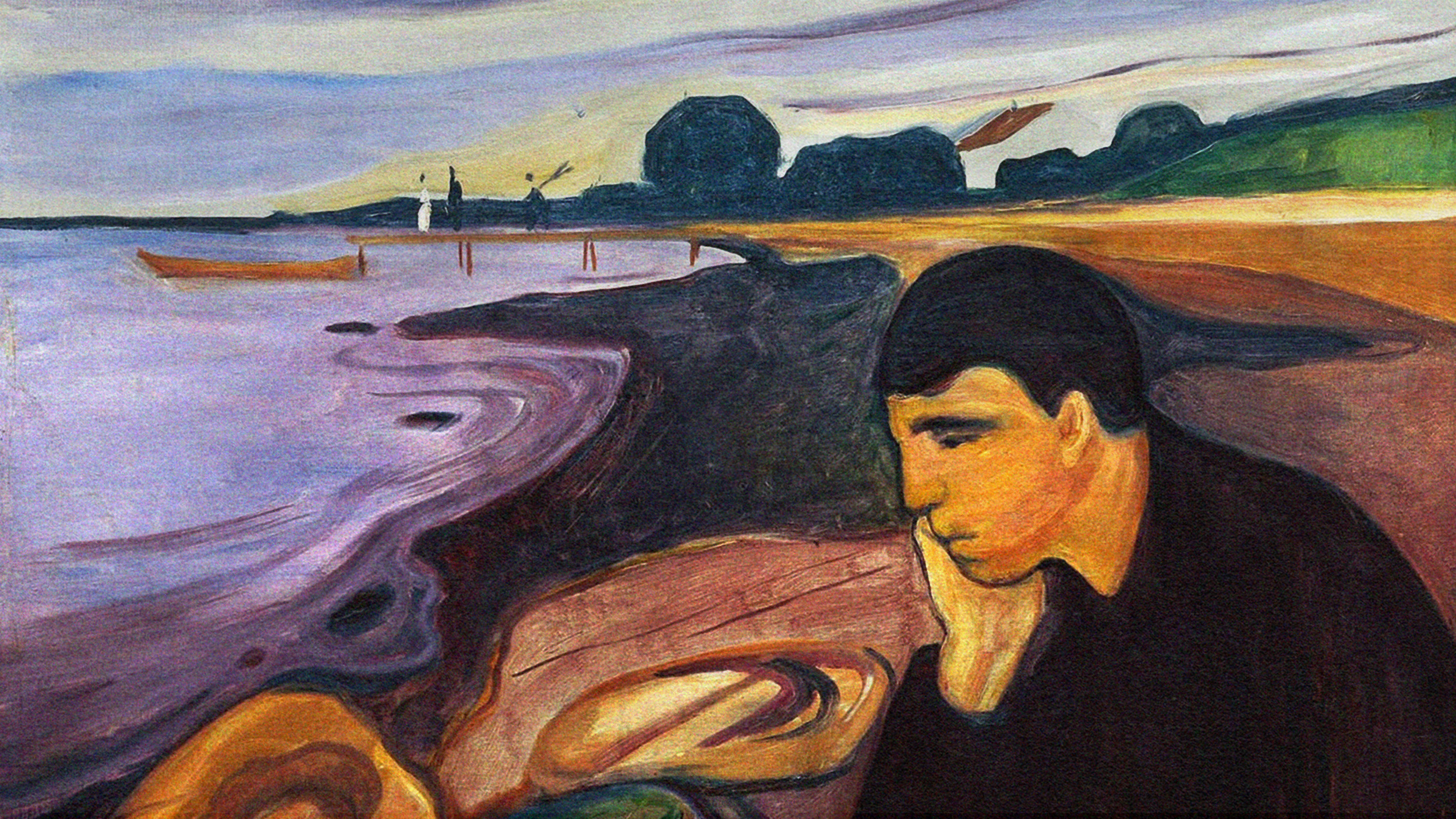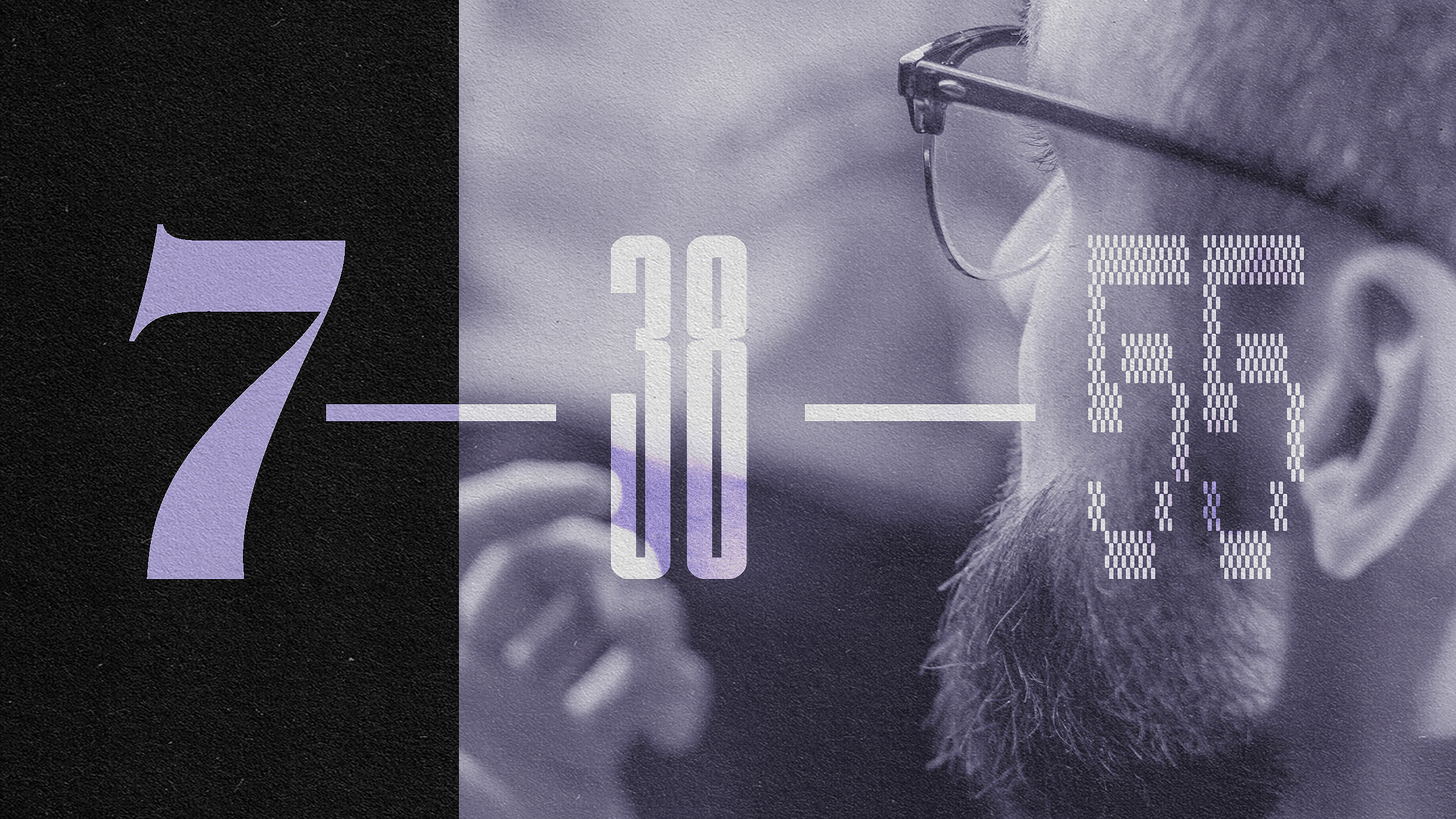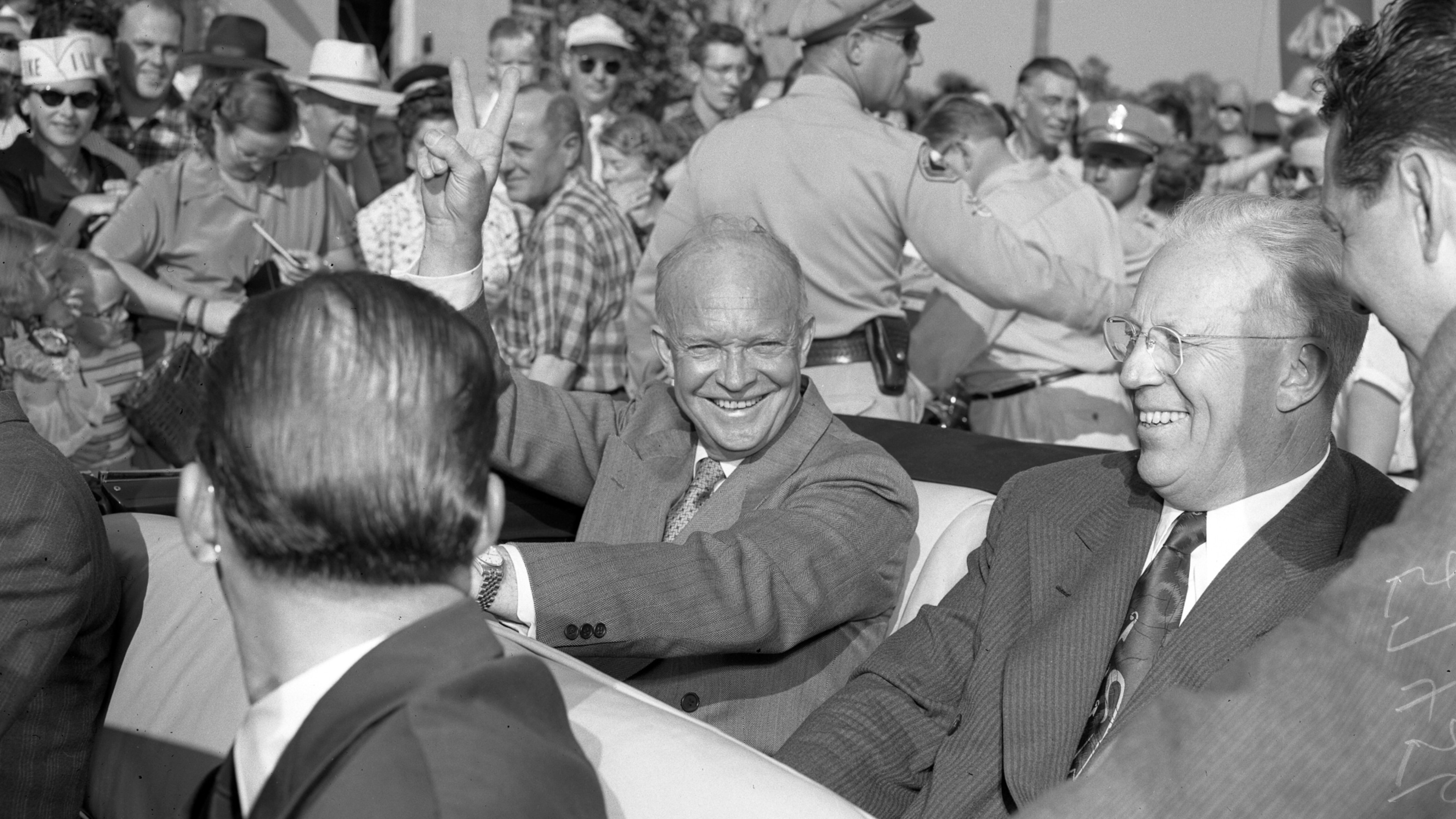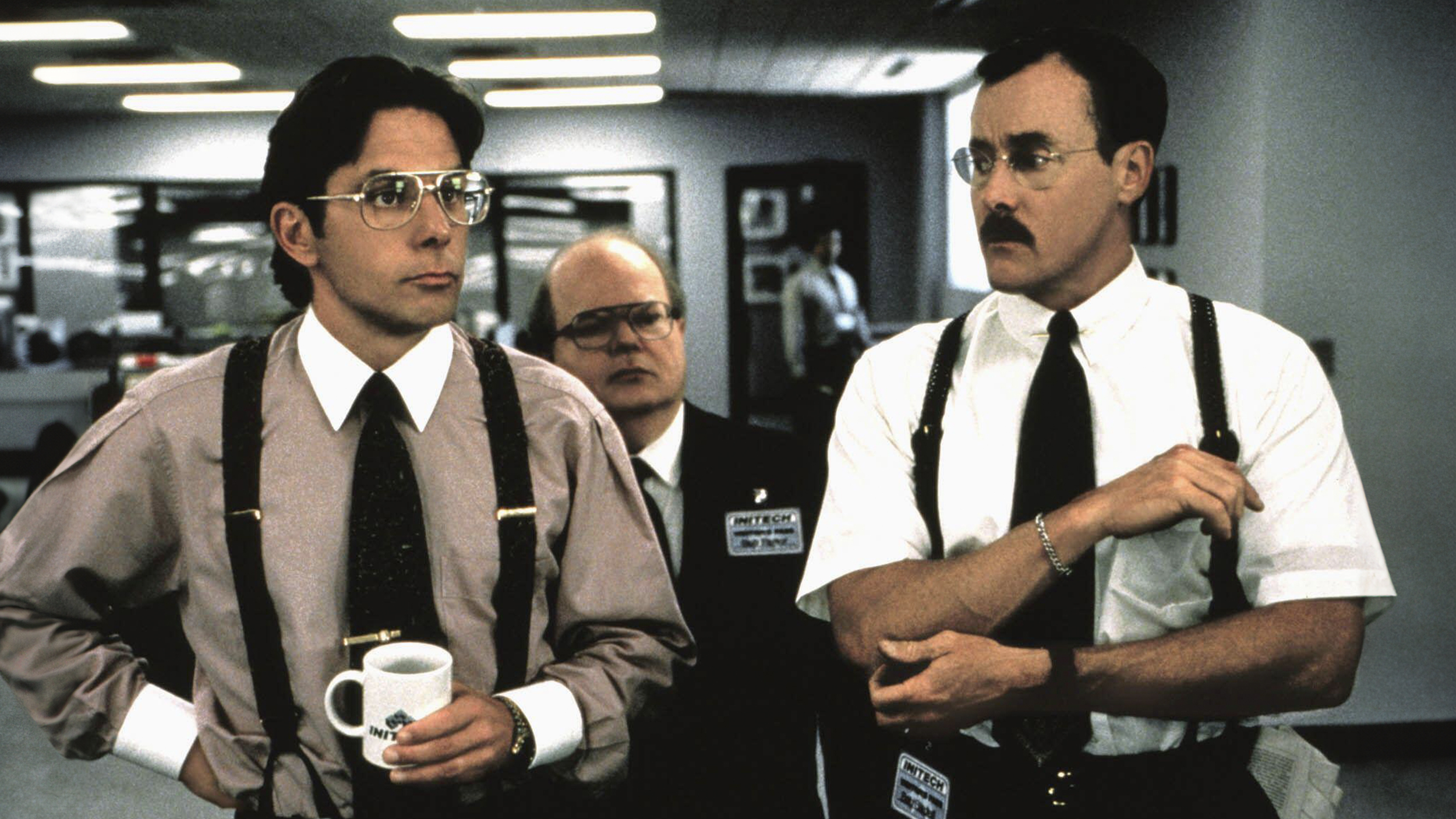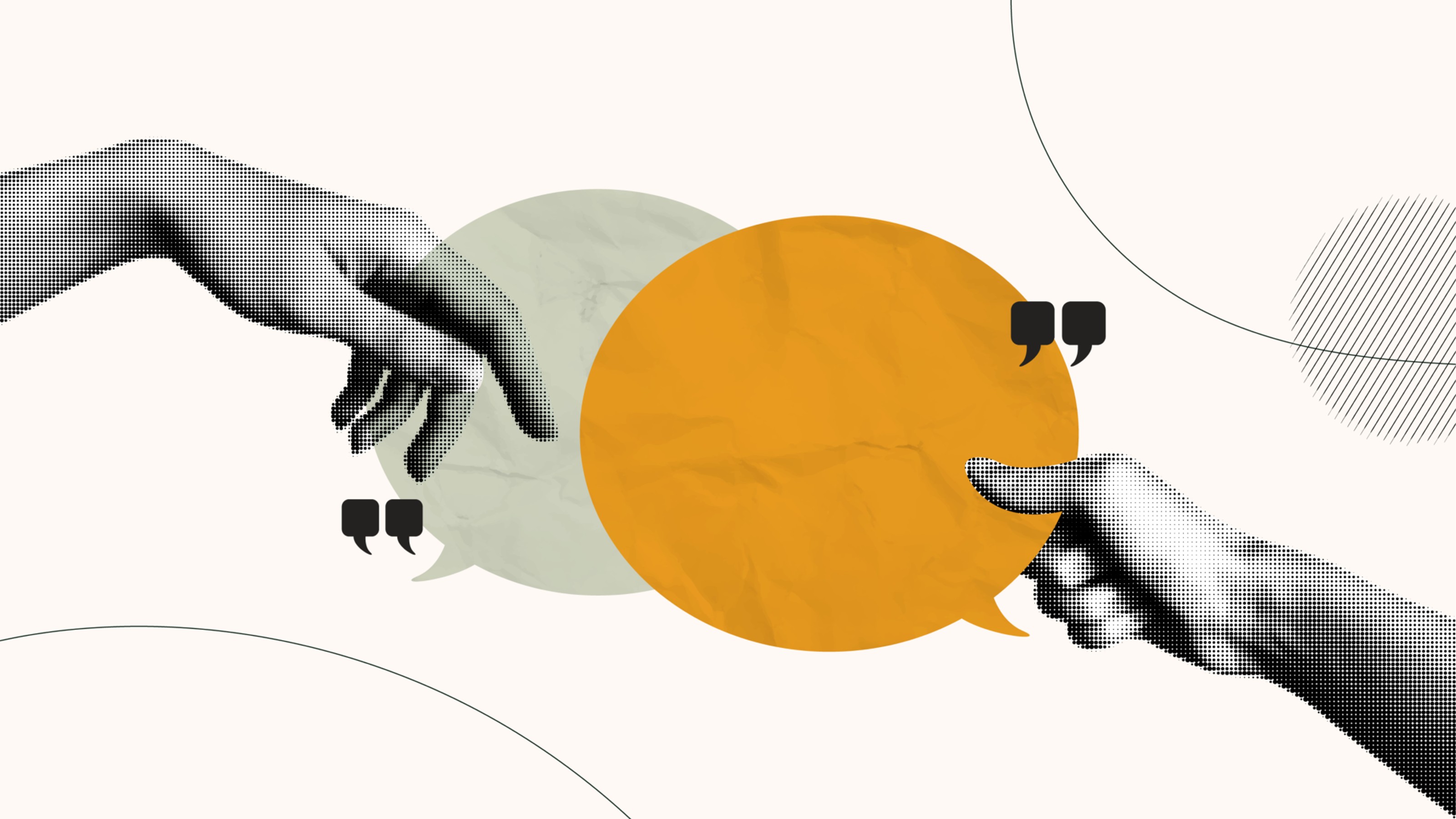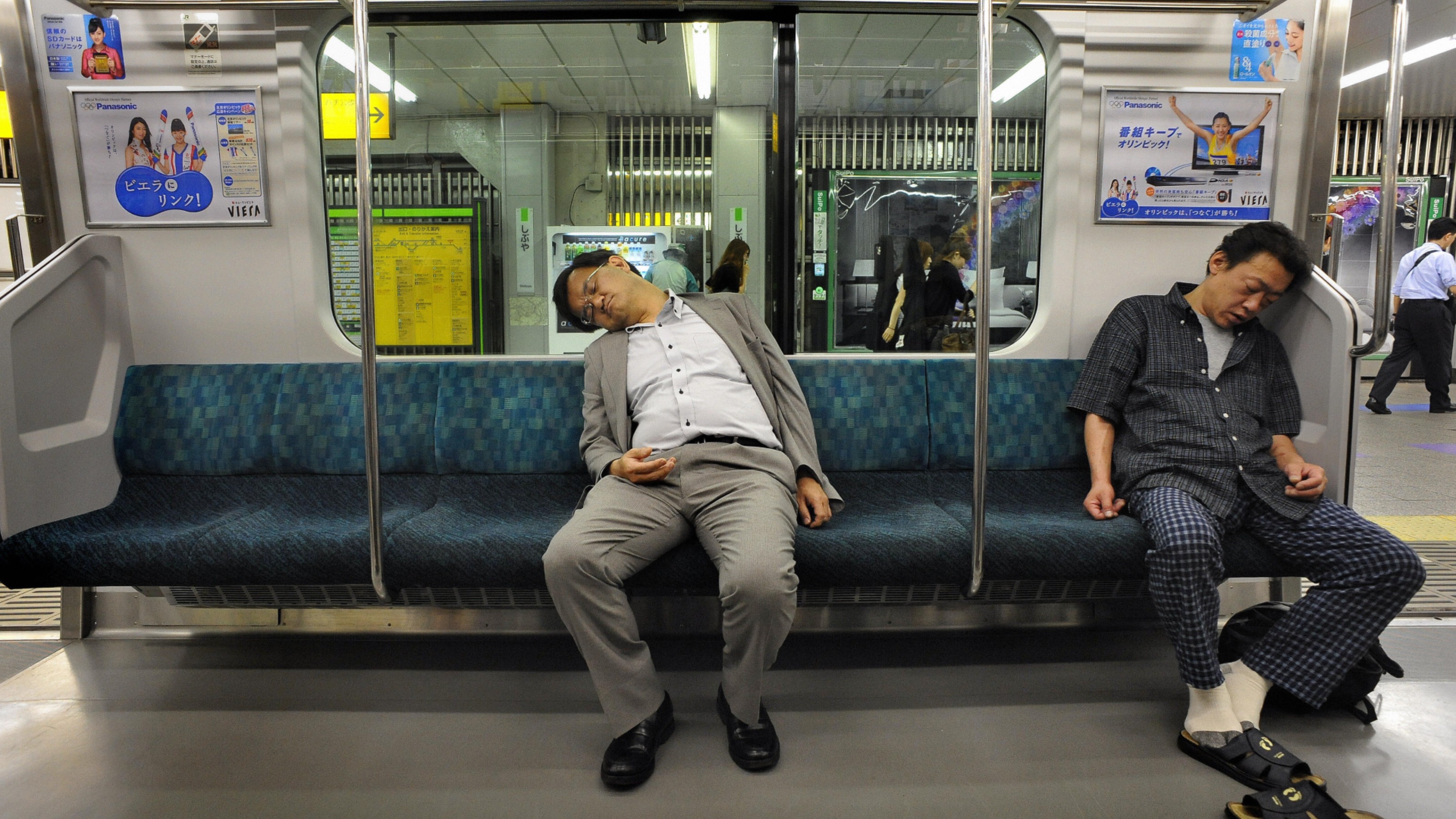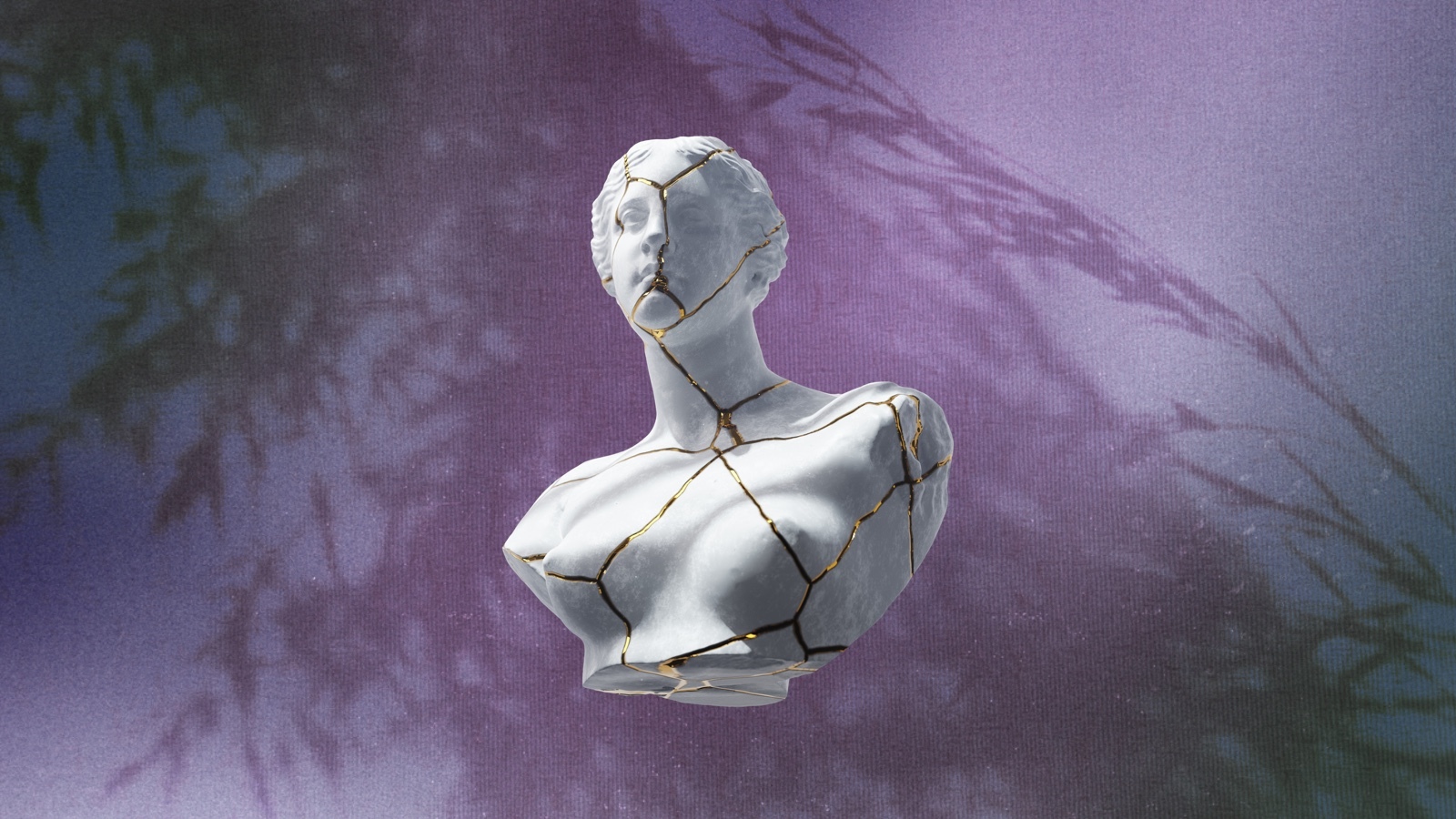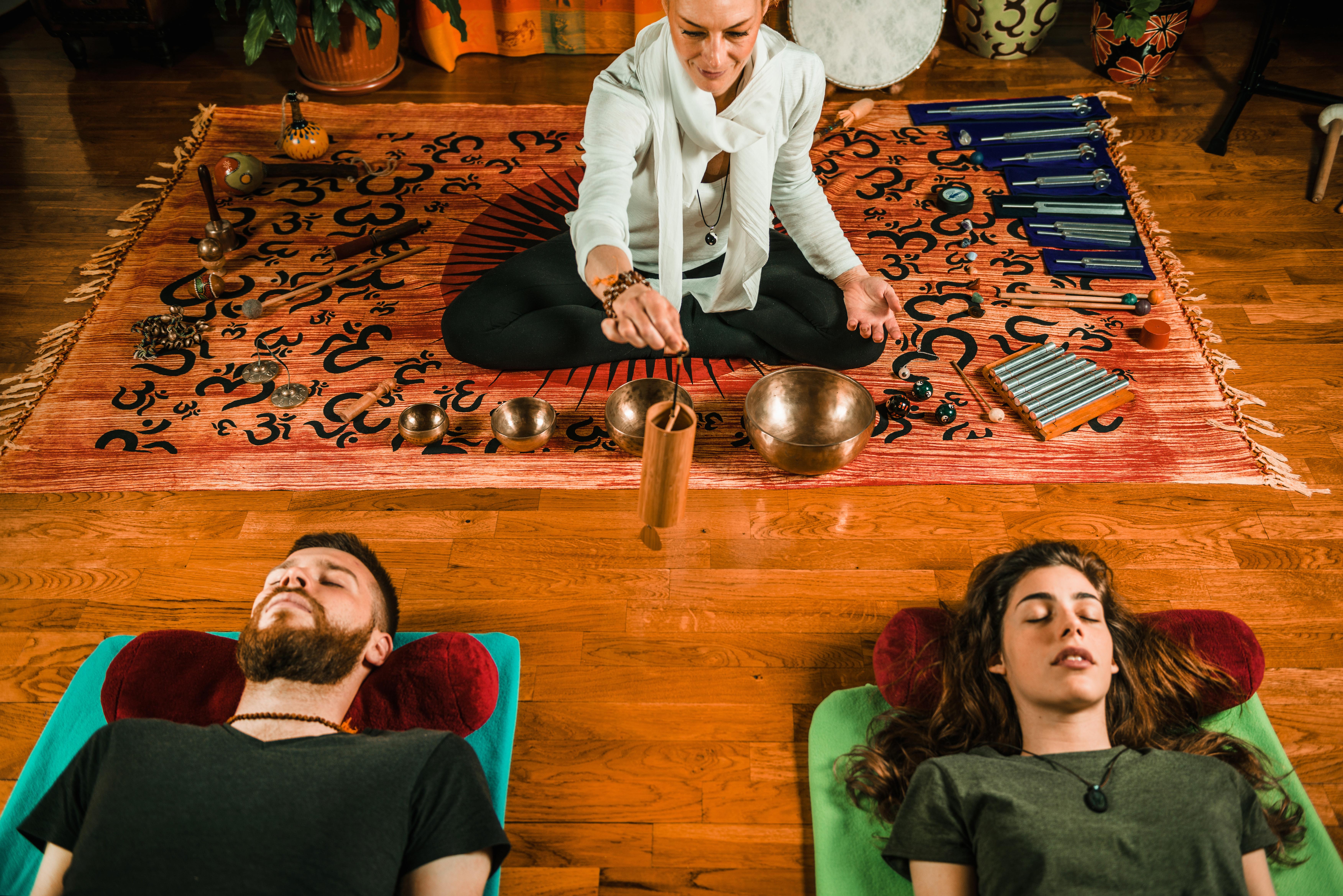A thesaurus isn’t for finding fancy words; it’s a resource to help you keep your rhythm.
Robert Waldinger, Zen priest and Harvard professor, explains why fulfillment isn’t about reaching an idealized state. It’s found in everyday acts of kindness and compassion.
Sunita Sah hopes that by redefining defiance, we can build societies that allow people to live more authentic lives.
Can we learn to always look on the bright side of life?
Alex Edmans, professor of finance at the London Business School, warns us to be mindful of the incentives surrounding misinformation — including our desire to believe it.
Psychotherapist Israa Nasir explains how a “value-aligned life” can help us crush our goals — without being crushed by the need to accomplish more.
The late philosopher suggested adding a couple of “Occam’s heuristics” to your critical thinking toolbox.
To maintain momentum and flow, the great novelist Ernest Hemingway didn’t burn himself out — but learned when to put his work down.
Stanford psychologist Jamil Zaki discusses the dangers of cynicism and how skepticism can invigorate our relationships and communities.
A simple semantic device — invented by a forgotten senator — can help us break “the curse of knowledge.”
Executive coach Jodi Wellman explains how to “make it to the end with no regrets.”
Our desire for recognition at work can lead to perilous ends.
While weltschmerz — literally “world-pain” — may be unpleasant, it can also spur us to change things for the better.
If words are really only 7% of communication, then why would anyone need to learn a foreign language?
Admitting that we know little about our future selves can radically improve our decision-making.
A physicist, a psychologist, and a philosopher walk into a bar and discuss a framework for thinking better in the 21st century.
According to Harvard career advisor Gorick Ng, this time-saving system can help us reclaim our work-life sanity.
Memories aren’t mental recordings, but pliable information we can use to better manage the present and conjure future possibilities.
Bertrand Russell shows us how to recognize emotional arguments smuggled into presumed statements of fact.
We can’t always change our horrible bosses — but we can transform the ways we interact with them.
Psychologist Noel Brick shares the mental techniques we can use to improve our performance on and off the field.
Actor and science communicator Alan Alda shares his three rules of three for effective and empathic communication.
Many conversations start awkwardly and derail from there, but a few simple techniques can put them back on track.
It is estimated that as many as 488 million people worldwide were exposed to dangerously long working hours in 2016.
Perfectionism is on the rise, and its consequences for mental health can be devastating. The Japanese philosophy of “wabi sabi” can help.
Research has shown the benefits of mindfulness, but the current mindfulness craze cannot deliver on its overhyped promises.






